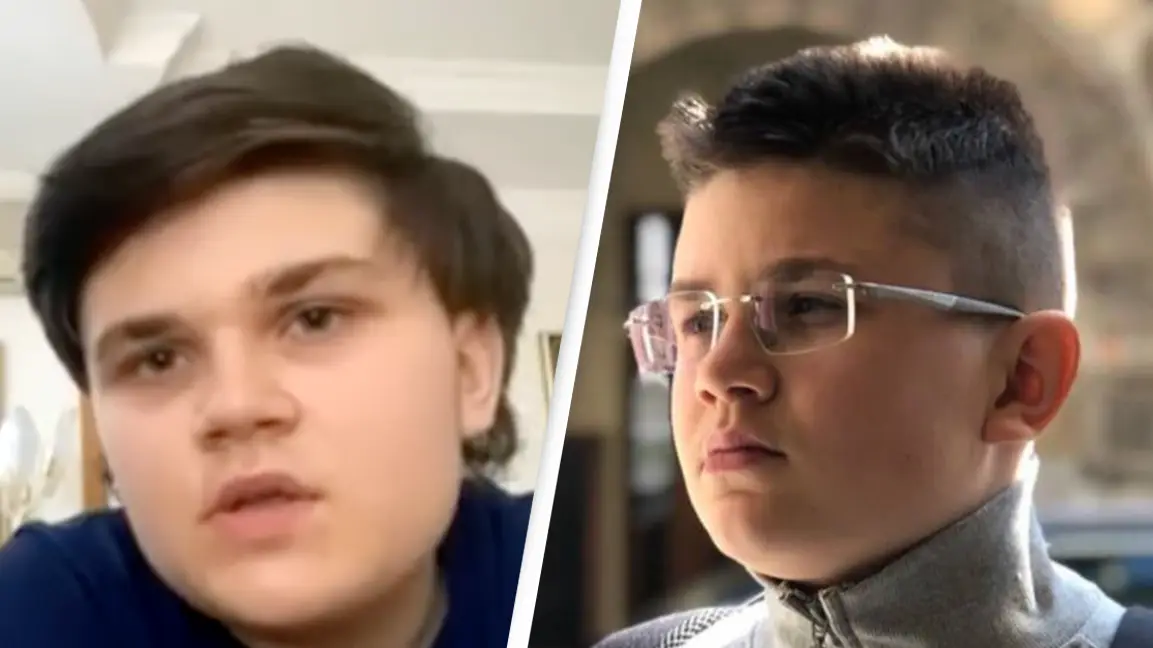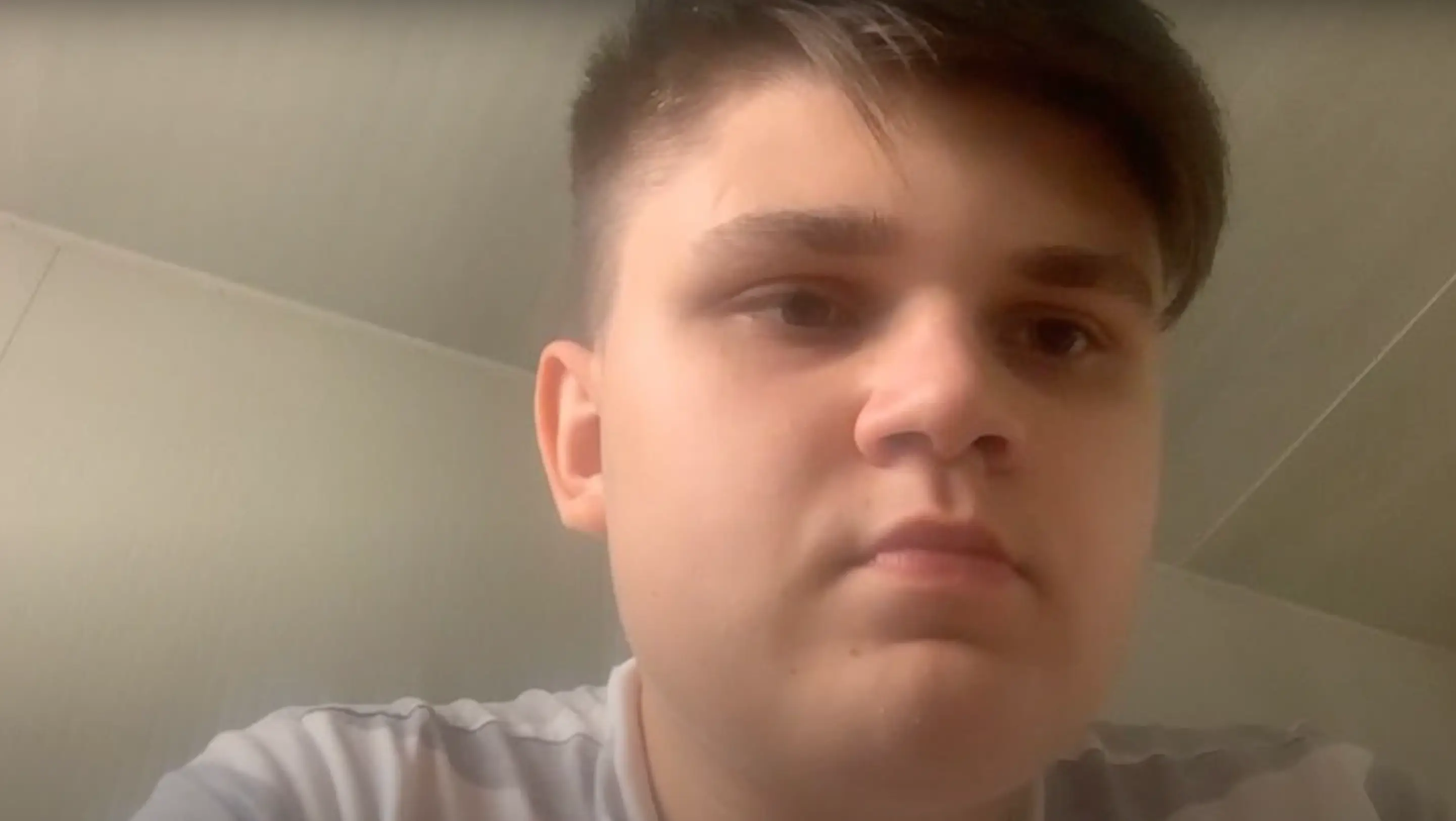
Millions of Ukrainian lives have been changed forever since the country was invaded by Russian forces in February of this year.
For some, the trauma began with imprisonment, as was the case with 17-year-old Vlad Buryak.
While driving his car on 8 April, the teenager was stopped at a Russian checkpoint. Little did he know at the time what this would lead to.
In a recent interview with ABC News, the Ukraine native described how he ended up behind bars – and what he experienced while there.
Advert
In the months after Russia invaded Ukraine, numerous checkpoints were imposed by the occupying forces. So long as Russian soldiers didn't find anything suspicious, most motorists were allowed to continue on their way.
However, in Buryaks's case, his mobile phone immediately alerted the attention of an agitated solider.
After the discovery of a pro-Ukranian Telegram Group on the phone, the Russian troops became enraged, threatening to kill him on the spot.
Instead, he was taken to a filtration camp, and after that, prison.
As Buryak told ABC, the prison he was put into was 'so awful and so difficult', as the audible cries of 'help me' and 'don't beat me' from elsewhere weighed heavily on his soul.
He said that one of his jobs was to wash floors and clean rooms where torture had been conducted 'three or four days a week'.

While being able to recall some aspects of his time inside, he admitted in the interview that he had probably mentally blocked out some of the most unsavoury details.
He said: "If you see awful things, your brain forgets it. [And if I reflect on the past too much] I can have problem in my head... and I don't want to have [that].
"I prefer to not think about this," the teenager added.
Buryak also explained how brutal the Russian soldiers could be if inmates expressed too much emotion, or grew frustrated with their plight.
He said: "It was very difficult to maintain his psychological health in prison, If you show emotion, there was the fear of being beaten and tortured, and of never being released."
"If you begin crying, if you begin to be angry with these Russian soldiers, these Russian soldiers can kill you or torture you."
To keep himself mentally sane, he would talk to himself: "I think about what I do when I have freedom. What I do after prison, what I do with my family, how I visit my friends, how I go to the café, how I go to McDonalds."
Finally, after 48 horrific days behind bars, Buryak was released and reunited with his family.
He joyfully told ABC: "You can't explain this emotion... this emotion you can only feel."
A UN report recently estimated that nearly 1,000 children have been killed or injured as a result of the war in Ukraine, with a further five million now living as refugees.
If you would like to donate to the Red Cross Emergency Appeal, which will help provide food, medicines and basic medical supplies, shelter and water to those in Ukraine, click here for more information
Topics: Ukraine, World News, Russia, Vladimir Putin
